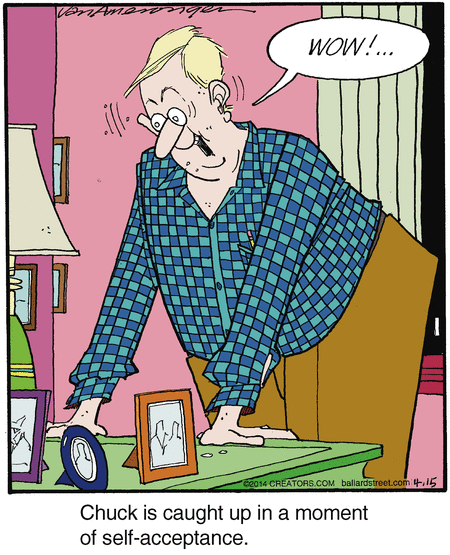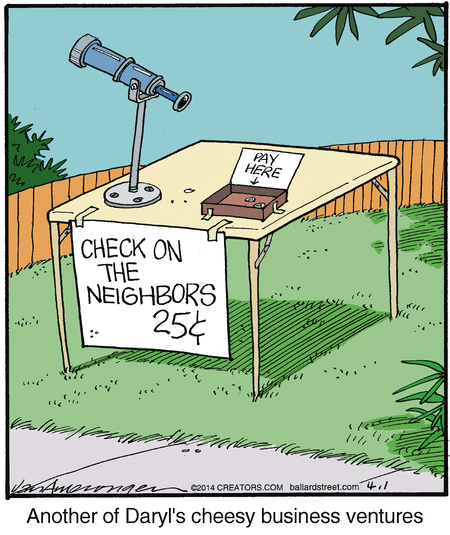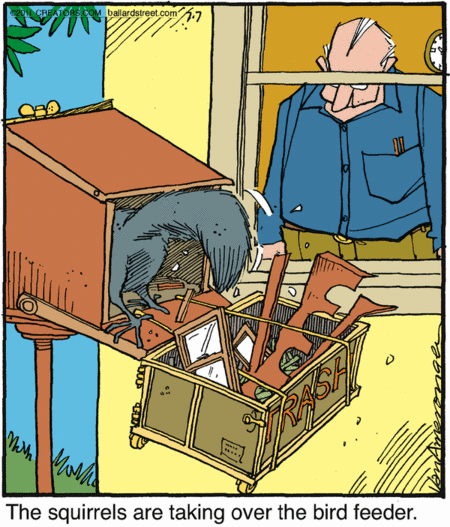Podcast: Play in new window | Download ()
Subscribe: Apple Podcasts | Spotify | | More
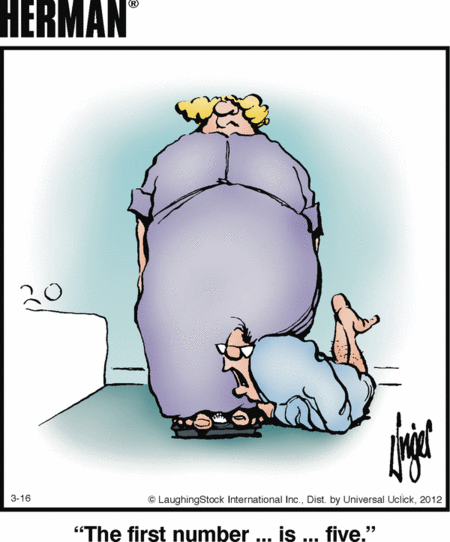 It’s estimated that the weight loss industry in America – just the United States – exceeds $60 billion. Sixty BILLION dollars a year! That’s an enormous market. It’s a marketer’s dream.
It’s estimated that the weight loss industry in America – just the United States – exceeds $60 billion. Sixty BILLION dollars a year! That’s an enormous market. It’s a marketer’s dream.
Like the old gold rush days of the wild west, it’s also very crowded. Anywhere there’s a a large appetite for something, there’s going to be a big crowd gathered. Big opportunities drive big attention. Competition is fierce in the weight loss game, just as it is in any lucrative market. That doesn’t mean you can’t succeed. It just means it’s tougher and you’ll have to work for it.
Wait a minute, what?
Work for it?
I don’t wanna work for it. I want it to drop in my lap.
Folks with 100 pounds to lose want to get slim now. They don’t want to take a year to do it.
Fat people have 2 basic options: a) bariatric surgery or b) change.
Advertising for bariatric surgery continues to increase, driving higher demand. This year approximately 160,000 surgeries will be performed. They’re effective in helping patients lose weight and keep the weight off, but I have to wonder how much of the growth is because patients view it as an easier route to travel.
I know of people who have had surgery, lost a lot of weight – only to gain it back (and more) over time. Failing to adjust their lifestyle resulted in going right back to a life of obesity. Proving once more just how difficult it is to change!
There are at least four reasons why more and more books are published on weight loss:
- The market is enormous…and growing. Pun intended.
- Trial and error (with lots of failure) characterizes most of the market.
- People search for something that resonates and works for them.
- What one person embraces, another abhors. Style and substance vary along with their appeal.
These four things aren’t exclusive to weight loss. I think they have a much broader application.
The market is enormous…and growing.
The first reason isn’t universal. Not all markets are so large as weight loss. Some are, most are not.
Not all markets are growing. Some are stagnant while others are declining.
Without getting hung up in market size or opportunity, can we agree that in every market there are winners and losers? In other words, somebody, somewhere in a down market is winning…while others are losing.
I’m not going to get into all the reasons why that happens (that’s probably good fodder for another episode), but we often see somebody doing exceptionally well, even when times are tough. When times are good, we can see players struggle and go out of business.
A market is big enough for somebody to succeed. The number of winners in a market depends on the size of the market. In the weight loss game, there’s room for lots of winners. It also means there’s room for many more losers.
Whatever market you’re serving – let’s assume it’s big enough for you to succeed. We won’t assume it’s growing. There’s still room for opportunity because there’s always the portion of the market we don’t yet own – the part that our competitors are getting. That’s market growth we can claim if we can find a way to get it away from our competition.
The bottom line is, there’s a market to serve.
 Trial and error (with lots of failure) characterizes most of the market.
Trial and error (with lots of failure) characterizes most of the market.
People trying to lose weight will tell you, “I’ve tried every diet under the sun and so far, nothing has worked.” Or they may say, “I tried dozens of programs and none of them worked until I found this one.”
People are in the throws of trying and failing, trying and failing. Sometimes you run across somebody has finally tried something that works. Those stories fuel others to try whatever they tried.
The weight loss crowd are not repeat buyers, but many are chronic buyers. They may buy more than 2 weight loss products (books, diet regimes, exercise programs, etc.) every single year. Until they find something that works, they’re nobody’s customer for life because so far, nothing has worked.
People search for something that resonates and works for them.
This is true for most markets. We all want something we can relate to, or we want something represented by somebody we can relate to. And we want something that works well enough. Yes, it depends on what it is. If we’re building airplanes we have exacting requirements. Our vendor has to be FAA certified and the tolerances on the parts have to be precise. If we’re custom building hot rods, we can be much more flexible.
One solution won’t work for everybody in the weight loss industry. Well, to be fair, except for those suffering physical ailments that prevent it – good diet habits and regular exercise will work for almost everybody. But that’s hard. And it doesn’t resonate with everybody. If it did, we could ditch the whole weight loss industry and find some other meaningful use for $60 billion a year!
The truth is, people are looking for some easier solution. People want a magic solution. A secret formula to having a slim, trim and athletic body. Clever marketers are constantly offering that. Most are disappointed with the results, but a small percentage are going to find success in just about any program. It’s those stories of success that fuel the desire of others to give it a try.
It’s a numbers game. We could likely devise the wildest weight loss scheme possible and if we got enough people to try it, I guarantee somebody would succeed at it. I was reading about a researcher who went on a diet of convenience store food including Oreo cookies and Twinkies. He counted calories and didn’t exceed 1800 calories a day. He lost 27 pounds in 2 months and lowered his bad cholesterol by 20%. The average guy consumes about 800 more calories a day though…so his calorie restriction is what did the trick. This doesn’t address the wisdom of that diet over the long term. Nutritionally, it’s clearly suspect. Imagine the popularity of an Oreo cookie diet that touts losing 27 pounds in 60 days! If somebody would follow the calorie restriction part of it, they’d likely lose weight…but most wouldn’t. Most would eat an entire sleeve of Oreos and pronounce the diet a failure, then continue their search for something that would work “for them.”
What one person embraces, another abhors. Style and substance vary along with their appeal.
If you didn’t like Oreos or Twinkies that diet wouldn’t appeal to you. What’s wrong with you? Who doesn’t like Oreos and Twinkies?
Meat and cheese lovers fell in love with the Atkins diet. Others fell in love with the slow carb diet. Some embraced the Mediterranean diet. All because people have different tastes and desires.
But it’s not all about substance. Personalities and presentation matters, too. The weight loss industry is notorious for using celebrity endorsements in order to appeal to people who may like those celebrities. If you like Marie Osmond, you’ll likely be attracted to her program. If you like Terry Bradshaw or Dan Marino, you’ll be drawn to the program they promote. None of them are weight loss experts. They’re celebrities. If a weight loss company can hit you with a personality you really like, then you’re going to pay closer attention and assume that program may be just the one you’ve been looking for. That doesn’t mean it’ll work for you, but you’ll be more likely to invest in trying it.
There’s also a bonus reason that I didn’t mention at first because I wanted to save it for last – timing.
Sometimes we’re just not yet ready to hear it. Fat folks aren’t always in the mood or frame of mind to make a change. Or even to consider it.
A guy is eating 4000 calories a day in multiple fast food meals every day. All of them SUPER sized. One early afternoon chest pains hit him. He’s struggling to catch his breath. A co-worker rushes him to the emergency room. Just in time.
He suffered a heart attack. It wasn’t fatal…this time. The cardiologist warns him that if he doesn’t lose 125 pounds he won’t likely live long enough to celebrate 5 more birthdays. Suddenly, he’s got a different outlook on his eating habits. Will he change? Maybe. Maybe not. But he’s got a new perspective from which to make that choice now.
Timing happens in every market. This morning a woman drove to work without any concerns for the tires on her car. Her tires were fine. This afternoon, on the way home from work she suffered a blowout. Now, she’s in the market for a tire.
Our circumstances change and along with it, our needs and wants. Hit that woman with a tire advertisement in the morning and she didn’t likely even notice. Expose her to one after the blowout and she’s all about it.
The weight loss book that was a big hit last year may have had no impact on the fat man last year. He was fat and happy. This year, he’s under strict oversight of a cardiologist who is dogging him to lose weight. Now, he’s highly interested in what this new book has to say.
Sometimes we’re just not yet ready for a message. Marketers don’t always know when prospects will be receptive to their message…so we have to always be marketing.
There’s the rub. It’s the reason why people will never stop writing weight loss books.
It’s also the reason why there’s plenty of room for new disruptors into any market, no matter how competitive it may be. The future fat people are being born every day. It’s a market with limitless demand. We don’t know when some of those fat people are going to decide to try to lose weight.
The tire store doesn’t know when your tires are going wear out, or when you’ll suffer a blowout.
The shoe retailer doesn’t know when you’re going to be in the market for a new pair of dress shoes.
The executive coach doesn’t know when a prospect is going to be receptive to hiring a coach.
Style over substance is a real decision-making difference. Sometimes.
You can buy tires in lots of places. You can go to the discount clubs – those warehouse stores. You can go online. You can go to the tire branded retail outlets. You can go to the tire speciality chain stores.
Most of them carry the name brands. Most of them have competitive prices. Go beyond your favorite brand. And price. You’re still likely looking at many choices. Now you’re probably considering proximity. You’re not going to drive far – you need tires so you’re likely on a “donut” spare or you’re driving on tires that may pop at any moment. Many factors to consider. So how do you decide?
If you’re like me, you consider another “convenience” factor – how easy is it to buy? For me, there’s only one option: Discount Tire. They’re friendly, helpful and fast. They don’t try to talk me into things. They always try to help me find the best tire for the budget I’ve got. They’re informative, helpful…and I trust them.
Style determines where I buy tires. Tires!
If style can determine where we buy boring things like tires, imagine the value in other things. Any thing. Any service. Any product.
The substance is important, but don’t think if you build a better mouse trap that your work is complete. Whoever can make a mouse trap “almost” as good as yours, but can gain visibility in the market – and become top of mind – will beat your brains in.
Have good substance.
Have a unique style.
Get the word out.
Focus on your uniqueness.
Be consistent. Be persistent.
Always be marketing.
Build a strong customer base by doing exceptional work.



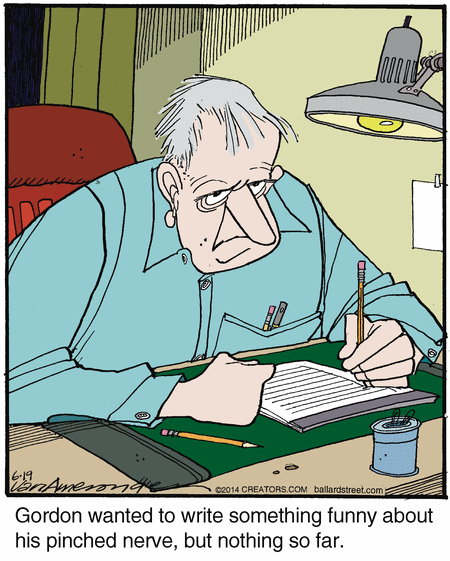
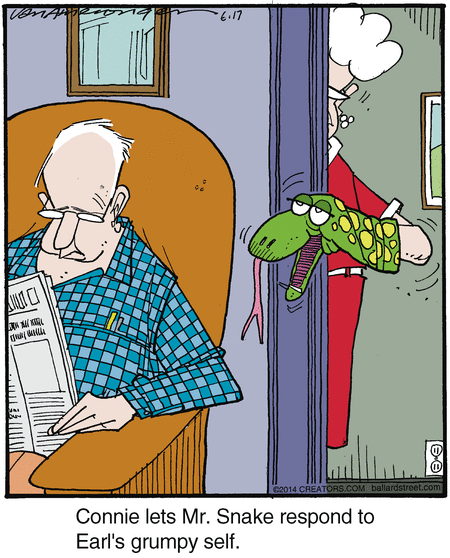
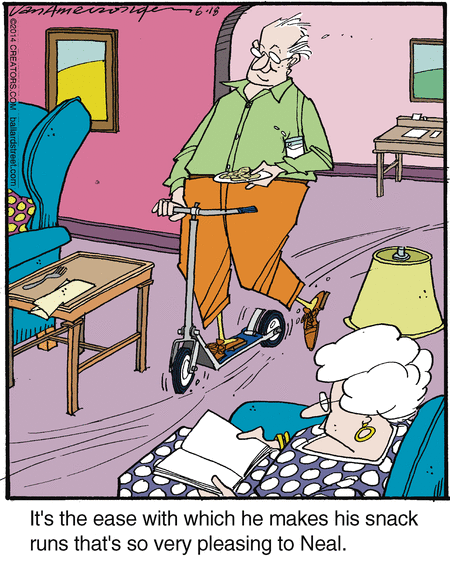
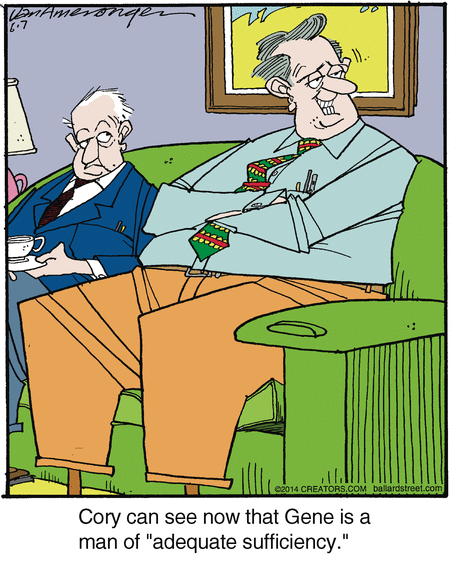

 It’s estimated that the weight loss industry in America – just the United States – exceeds $60 billion. Sixty BILLION dollars a year! That’s an enormous market. It’s a marketer’s dream.
It’s estimated that the weight loss industry in America – just the United States – exceeds $60 billion. Sixty BILLION dollars a year! That’s an enormous market. It’s a marketer’s dream. Trial and error (with lots of failure) characterizes most of the market.
Trial and error (with lots of failure) characterizes most of the market.




